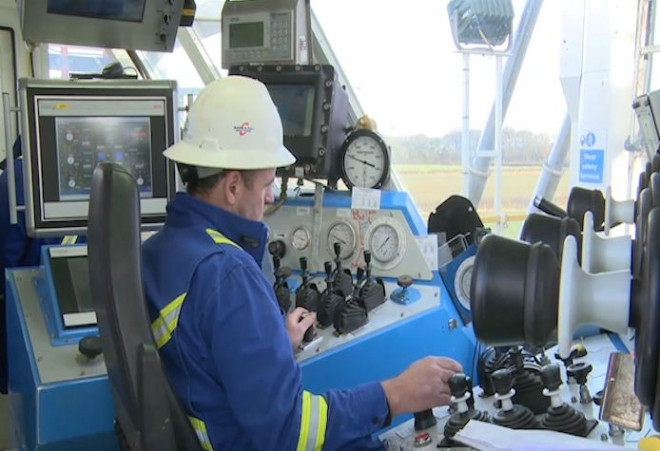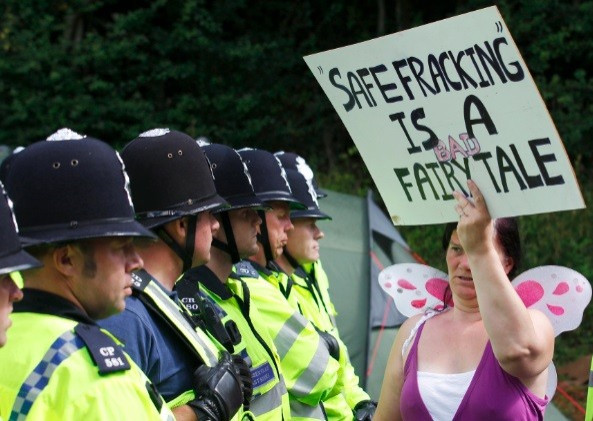Britain Will Lose Petrochemicals Industry If We Don't Get Fracking, says Lords Committee

A report by an influential House of Lords committee has urged the government to make fracking "an urgent national priority" because Britain could lose out energy-intensive industries such as petrochemicals, if it doesn't develop its shale gas capabilities.
The Economic Affairs Committee said that "substantial economic benefits" will result from regulated fracking of shale gas and oil resources and that the UK could expect to achieve the same level of energy independence as the US, should it exploit its reserves to the full.
"If the UK does not develop its shale resources in a timely fashion, it runs a serious risk of losing the energy intensive and petrochemical industries which depend on competitively-priced energy and raw materials and which employ around 250,000 people," warned the committee.
However, its findings have been dismissed as scientifically naïve by the UK chief scientist at Greenpeace Doug Parr, who accused the committee of cherry-picking evidence to support the government's fracking plans.
"The real urgent national priority is to push ahead with the renewable technology and efficiency measures which would much more rapidly address the security issues flagged up by the Ukraine crisis," said Parr.
"The Lords spent seven months cherry-picking the wafer thin evidence that fits a foregone conclusion about the benefits of shale gas. This is just more taxpayer-funded cheerleading from unelected politicians who seem all too happy to ignore the country's legitimate concerns about fracking."
Shale Gas Opposition

The clamour behind fracking in the UK has grown in recent months, over fears that the political tension between the west and Russia will lead to a hike in gas prices.
In the US, said the committee, secure and stable access to energy at home has enabled a shift to more energy-efficient production, with cheap gas replacing coal. It has also sparked a wave of reshoring, whereby energy-intensive industries take their production facilities back to the US to capitalise on the availability of cheap shale.
Fracking – or hydraulic fracturing – is the process through which gas is extracted from shale deep below the surface through the pumping of water, chemicals and sand into the rock at high pressures. Gas then flows to the head of the well at the surface.
The nascent industry is clouded in uncertainty. There are fears that the chemicals used can contaminate groundwater, used in agriculture and for drinking water. Minor earthquakes have been detected at fracking sites.
A debate also wages over where fracking sites should be located. Many proposed locations are in rural areas, amid farmland and tourist havens.
Moratoria on fracking have been passed in parts of New York State, Newfoundland, Cantabria in Spain, France, Bulgaria, Germany and Argentina, among others, while local authorities await the results of environmental impact assessments.
Pressure has been mounting on the UK government to fast-track procedures to bring fracking online. Cuadrilla, one of the most active shale gas explorers in the UK, wrote to the Lords committee complaining of the lengthy process involved in agreeing permits to frack with the Environment Agency.
In January, the European Union dropped plans to push for a legally-binding environmental directive on fracking after strong lobbying from the UK and Poland.
However, the committee warns that "in the UK, the EU dimension to regulation could cause more uncertainty and complication".
© Copyright IBTimes 2025. All rights reserved.






















